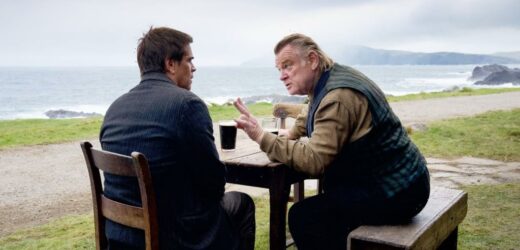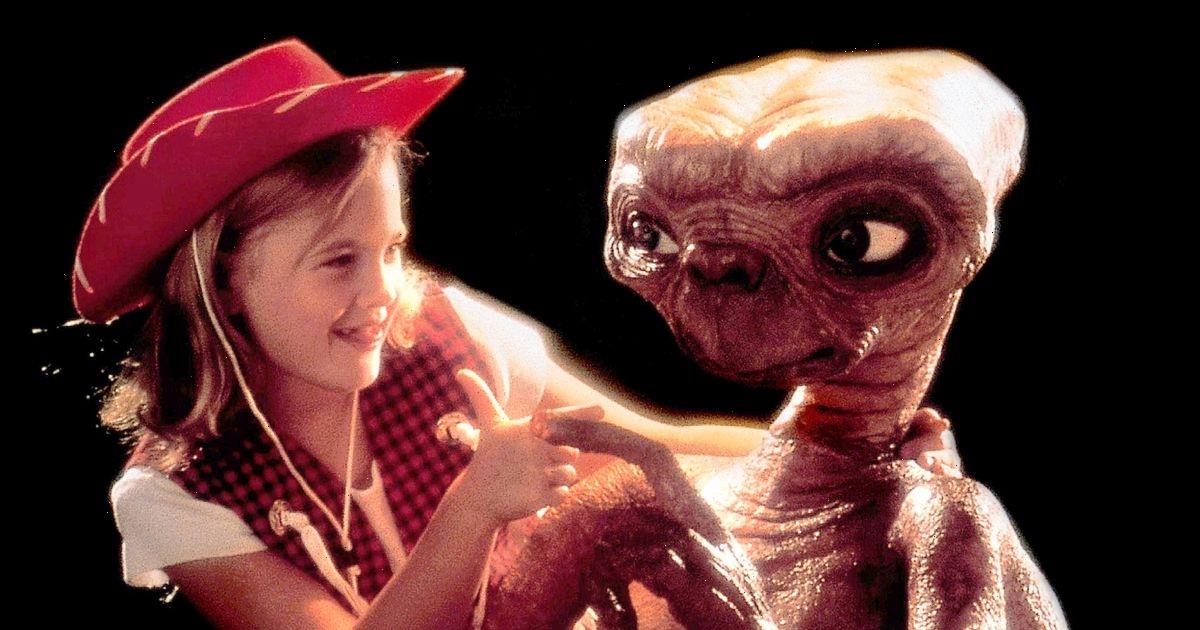When “Banshees of Inisherin” filmmaker Martin McDonagh first mentioned the film to composer Carter Burwell, he kept the pitch simple. “It’s about two guys breaking up.”
A few years later, McDonagh sent the script over and again, he didn’t preface it with anything. Says Burwell, “He wanted my opinion because it involved on-screen music. Brendan [Gleenson’s] character, Colm, plays a fiddle.”
Set in a quaint Irish coastal town, the story revolves around Colin Farrell as Padraic and Colm. After years of friendship, Colm decides he simply doesn’t want to be friends with Pádraic anymore, but there’s also a theme of violence — albeit, self-inflicted violence.
McDonagh made it very clear that he didn’t want the score to sound like Irish film music. Burwell reveals, “He said, ‘I hate that deedle-dee, old world Irish film music and I knew it wasn’t going to be that.” The composer behind “The Morning Show” and “Carol” says he didn’t know what the score would be at first and sat on the idea for a while.
Says Burwell, “I came at it with different directions. Colin’s character is so childlike, and that was clear from the script. He’s like a Disney character. He even has a miniature donkey and he has these animals around him. So, I thought to try something with a childlike aspect.”
Burwell also took into account the character’s journey that begins in a fairytale place. But by the end, everything is “badly off the rails.” Burwell illustrated that theme with “celesta and harp and these pretty tinkly sounds.”
McDonagh came to the table with a few sounds already in mind: Brahms’ “Lieder”; a Bulgarian piece that was used at the beginning of the film; and an Indonesian gamelan piece.
“It was confusing to have an Indonesian piece on this Irish film,” admits Burwell, but both liked it. “I worked the gamelan gongs in at the bottom of the score. They’re very low and not very obvious, and they lend an otherworldly quality to it.”
However, when the score was finished, complete with character cues and the sound for the island, the gamelan gongs didn’t fit, so the composer rewrote a cue instead. “I used big metallic gongs that give this dark mystery to the whole thing, even if what’s happening up top with the bells and harp are very pretty.”
Halfway into scoring the film, Burwell happened to read the Grimm brothers’ “Cinderella” to his 11-year-old daughter, which further helped him crack the music. In the Grimm version of the familiar story, the stepsisters cut off pieces of their feet as they try to fit into the glass slipper. Combining the gruesomeness of that version with a children’s fairy tale set the mood of the music he was working on composing. Says Burwell, “It’s gruesome but it’s a fairy tale. I realized that it helped gave me an insight into the score.”
The fairytale sound he had with bells, a harp and flute were a foundation for him to make the sound darker as Brendan’s Colm begins to harm himself, and he knew he was going in the right direction with the score. Says Burwell, ”It was going to make the physical violence of the film which Branden inflicts on himself a little more metaphorical.”
For the music that Colm plays in the film, Gleeson, who also happens to be a fiddle player in real life, ended up composing the piece his character plays. Says Burwell, “I never did submit a concept for that. Brendan on camera writes his own piece and it was just perfect for the character.”
Burwell gave Kerry Condon’s character Siobhan a theme that was an extension of Farrell’s character.
As Padriac’s unmarried sister, she turns out to be the emotional heart of the film, the logical voice in this dispute between the men. Fast to question Colm about his decision, she’s also supportive of her brother
Says Burwell, “His cue is mostly percussive with little marimbas and glockenspiels. For her, there is a bass flute, in particular, which has a dark tonality.” The bass flute and clarinet round out Siobhan’s theme with strings and woodwind instruments added in. The idea was that her sound would be rhythmical with a deeper and more emotional feeling.
When it came to the lighter comedic moments in the film, Burwell says it was a balance of stopping the music and allowing audiences to laugh. Other times, he says, “Some of the funniest bits come from the music amplifying the horror of what’s happening or just a disjunction between the way Colin’s character sees the world and the way Brendan’s character sees the world.”
Read More About:
Source: Read Full Article


